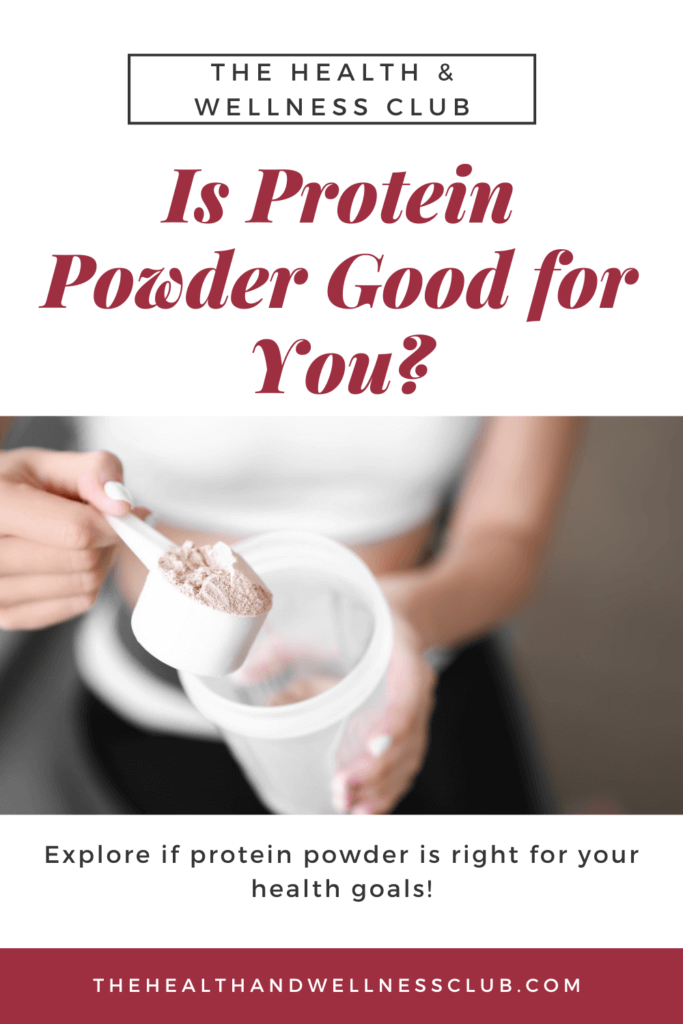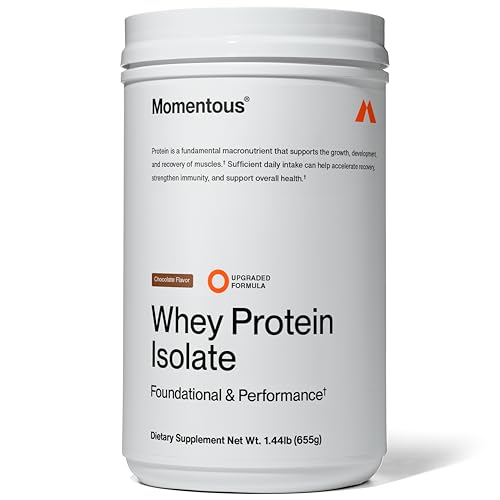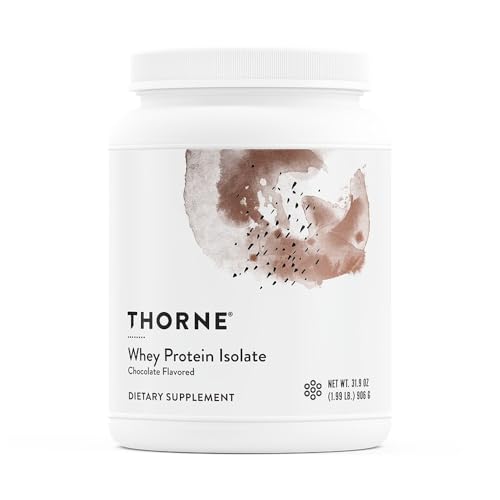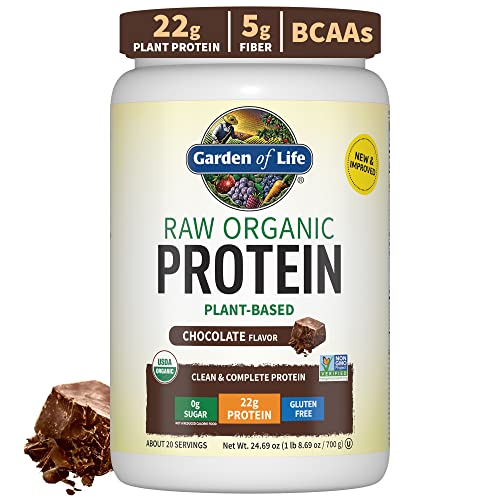Is protein powder good for you? This question has been on many people’s mind for a long time, since it is very popular, especially amongst gym-goers and fitness enthusiast looking for muscle gain and recovery, or busy professionals seeking a quick nutritional fix.
Protein is a fundamental building block of life, playing an essential role in the structure, function, and regulation of the body’s tissues and organs. It is vital for muscle repair, growth, and overall health. Protein is comprises of 20 amino acids, out of the 20, 9 are essentials, which means they cannot be produced by our body and have to be obtained from our diet. Therefore, having the right amount and quality of protein matters for our general health. For athletes, bodybuilders, and fitness enthusiasts, protein is especially important to support muscle recovery and development after strenuous workouts.
This blog post we will dive deeper into the pros and cons of protein powder, and whether it is suitable for your diet.
Is Protein Powder Good for You? The Pros
Convenience
One of the most significant advantages of protein powder is its convenience. It’s an easy and quick way to increase protein intake without having to prepare a full meal. This is particularly helpful for those with a busy lifestyle or limited time for meal preparation.
High Protein Content
Protein powders offer a concentrated source of protein, often containing 20-30 grams per serving. This makes it easier to meet daily protein requirements, which can be beneficial for muscle repair and growth, especially after exercise. According to a study, supplementing with protein powder can significantly enhance muscle recovery and performance.
Variety and Versatility
Protein powders come in different types, such as whey, casein, soy, pea, and hemp, catering to various dietary preferences and restrictions. They can be mixed into shakes, smoothies, oatmeal, or even baked goods, providing versatility in how they are consumed.
Faster Muscle Recovery
Consuming protein powder post-workout can help speed up muscle recovery by providing the necessary amino acids to repair and rebuild muscle tissues. This can be especially beneficial for athletes and those engaging in intense physical activities.
Is Protein Powder Good for You? The Cons
Lack of Regulation
One major downside is that they are not regulated by the FDA. This lack of oversight means that some products may contain fillers, heavy metals, or other contaminants. As found in the Clean Label Project, some protein powders were found to have detectable levels of lead, cadmium, and arsenic.
Unhealthy Additives
Many protein powders contain added sugars, syrups, or maltodextrin to improve flavor and texture. These ingredients can cause blood sugar spikes and may lead to insulin resistance and inflammation. A study published in the American Journal of Clinical Nutrition found that high glycemic index foods, like those containing maltodextrin, can negatively impact insulin sensitivity.
Digestive Issues
Some individuals may experience digestive issues such as bloating, gas, or diarrhea when consuming protein powders, especially those containing lactose or other allergens. It’s important to choose a protein powder that suits your digestive system and dietary needs.
Devoid of Nutrients
Protein powders are often devoid of essential nutrients like vitamins and minerals. While they provide a concentrated source of protein, they lack the additional nutrients found in whole foods, which are crucial for overall health and well-being.

What to Look Out for When Choosing a Protein Powder
When selecting a protein powder, it’s essential to be mindful of the ingredients and the quality of the product. Here are some tips on what to look out for:
- Check for Third-Party Testing: Choose protein powders that have been tested by independent labs for purity and safety, e.g. NSF certified. You may also check out the Clean Label Project website for the approved list.
- Avoid Artificial Additives: Opt for products with minimal ingredients and no artificial sweeteners, flavors, or colors.
- Watch out for Added Sugars: Be wary of protein powders with high amounts of added sugars, syrups, or maltodextrin.
- Avoid Added Oils: Look for products without added oils such as sunflower oil or soybean oil, which can add unnecessary calories and potentially unhealthy fats.
- Consider Your Dietary Needs: Select a protein type that aligns with your dietary preferences, such as plant-based or lactose-free options.
- Read Reviews and Do Research: Look for reviews from other users and research the brand’s reputation and quality standards.
- Check Ingredient List: Ensure that the protein powder does not contain any allergens or ingredients that may cause adverse reactions.
- Build Lean Muscle – Fuel your fitness journey with our premium whey isolate protein powder, designed to support muscle r…
- Enhanced Protein Absorption – Our protein powder formula includes ProHydroase, a clinically-proven enzyme blend that max…
- Guaranteed Purity & Quality – Our grass-fed whey protein powder is NSF Certified for Sport, ensuring it meets the highes…
- Build Lean Muscle – Fuel your fitness journey with our premium whey isolate protein powder, designed to support muscle r…
- Enhanced Protein Absorption – Our protein powder formula includes ProHydroase, a clinically-proven enzyme blend that max…
- Guaranteed Purity & Quality – Our grass-fed whey protein powder is NSF Certified for Sport, ensuring it meets the highes…
- Bioavailable Protein: Thorne’s Whey Protein Isolate delivers 21 g of bioavailable protein and all 9 essential amino acid…
- Easy-to-Digest Muscle Support: Protein helps maintain healthy muscle mass and supports muscle repair after injury or tra…
- Chocolate Protein: Thorne’s gluten-free, soy-free whey protein formula has only 100 calories, 2 g sugar, and 1 g fat per…
- WHAT’S THE SCOOP: Build and repair muscle and reduce recovery time with 22g of complete plant based protein powder, 4g B…
- DOWNRIGHT DELICIOUS: We’re taking a stand against chalky; Not only is this plant protein powder silky smooth, but our va…
- SHAKE IT UP: Great texture and mixability all while being sugar free protein powder; Organic peas, sprouted grains, seed…
- WHAT’S THE SCOOP: Build and repair muscle and reduce recovery time with 22g of complete plant based protein powder, 4g B…
- DOWNRIGHT DELICIOUS: We’re taking a stand against chalky; Not only is this plant protein powder silky smooth, but our ch…
- SHAKE IT UP: Our protein shake powder has great texture and mixability; Organic pea protein powder mix and whole food vi…
The Bottom Line
While protein powders can be a convenient and effective way to boost protein intake, it’s essential to approach them with caution. The potential risks, such as lack of regulation, kidney harm, and unhealthy additives, should not be overlooked. Whenever possible, prioritize obtaining protein from whole food sources like lean meats, fish, dairy, beans, and legumes. Whole foods not only provide protein but also offer a range of other nutrients that protein powders lack. Additionally, whole foods are less processed compared to protein powders, making them a healthier choice overall. For more details on whole food sources of protein and how to best use it for muscle building, you may check out this blog post for details.
Protein powders have their place in a balanced diet, especially for those with specific dietary needs or time constraints. However, they should complement, not replace, nutrient-rich whole foods. By making informed choices and being mindful of the products you consume, you can enjoy the benefits of protein while minimizing the risks.
As an Amazon associate, I may earn commission from qualified purchase.










